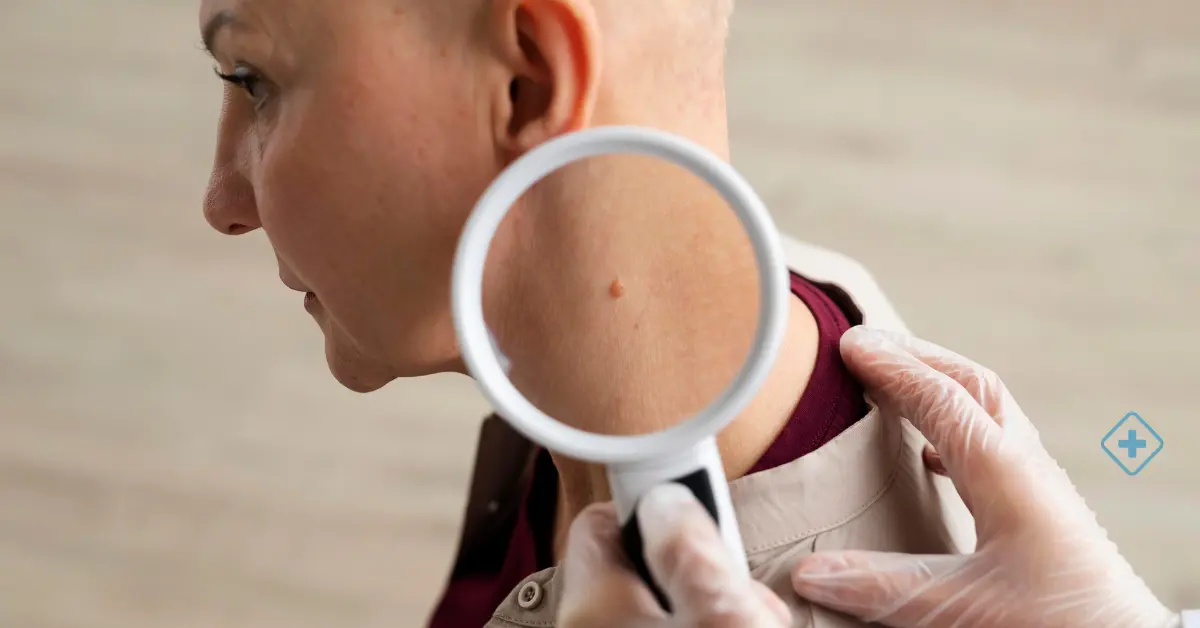
Prostate Cancer
Causes, Symtoms, Diagnosis and Treatment. Schedule your Appointment

Prostate cancer is a tumor; it most commonly occurs in men over the age of 40. The prostate is a gland of the size and shape of a walnut that produces seminal fluid.
When it starts, there is no discomfort or symptoms. This is why all men must be screened regularly to detect it on time.
Causes
What causes prostate cancer is not entirely clear, but it begins when some of the cells in the prostate become abnormal. Mutations in the DNA of abnormal cells promote cells to grow and divide faster than healthy cells.
The abnormal cells continue to increase while others die. The accumulation of abnormal cells forms a tumor that can grow to invade surrounding tissues. Some abnormal cells can also rupture and spread (metastasize) to other body parts.
Symptoms of Prostate Cancer
In more advanced stages, prostate cancer can cause:
-
Difficulty urinating: start or stop the stream of urine, pain or burning
-
Need to urinate frequently, especially at night
-
Weak urine stream
-
Blood in the urine or semen
-
Difficulty in achieving an erection
-
Hip or back pain
Risk Factors
-
Advanced age
-
Obesity
-
Family history
Prostate Cancer Diagnosis
-
Rectal examination: It must be part of the annual physical examination. By inserting a gloved finger into the rectum, the doctor palpates the prostate surface through the wall of the bowels. Suspicious masses, abnormal textures, or hardness will lead to further investigations
-
Prostate-Specific Antigen (PSA): A protein the prostate produces that can be elevated when cancer occurs. PSA levels can help the doctor in the follow-up of a patient with prostate problems
-
Prostate biopsy: The only way to determine if a suspicious mass is prostate cancer is to examine a sample of tissue taken from the area microscopically. This sample can be removed by a needle, placed directly into the prostate through the rectum or perineum (the space between the scrotum and the anus), or by surgery.
Treatment
Prostate cancer treatment options depend on several factors, such as how fast it is growing, how far it has spread, overall health, and the potential benefits or side effects of the treatment.
When low-risk prostate cancer is diagnosed, treatment may not be necessary right away. In some cases, treatment may not be required. In these circumstances, doctors recommend constant checkups, which involve regular blood samples, rectal exams, and possibly biopsies, to monitor the cancer's status and progress.
If tests show that the cancer is progressing, other alternatives may be suggested, such as:
-
Prostate removal surgery
-
Hormonal Therapy
-
Radiation Therapy
-
Hormonal Therapy
-
Freeze prostate tissue to kill cancer cells
-
Chemotherapy Biological Therapy (Immunotherapy)
Living with Prostate Cancer
Being diagnosed with prostate cancer can be overwhelming, but with time and the proper support, you will find a way to deal with these feelings of distress and uncertainty. The most important thing is to be aware that there are treatments to combat this cancer and that many patients have recovered satisfactorily with proper treatment.
Finding out about prostate cancer is vital to make the right decisions in conjunction with the specialist and ask the necessary questions to the Urologist or Oncologist. Surrounding yourself with family and friends and seeking alternative help from a therapist is helpful.
When should I visit the doctor?
It is essential to consult a Urologist to accurately diagnose lung cancer and conduct the corresponding tests to assess available treatment options.
Recording all the symptoms and how long they have manifested is crucial when consulting the Urologist. If you are taking any medication, you should also mention it to the doctor. Learning more about lung cancer is the first step in controlling it.
BlueNetHospitals
BlueNet Hospitals Blue Net Hospitals

Skin Cancer
Early detection of skin cancer is crucial for successful treatment.
Thyroid Cancer
Thyroid cancer, while serious, is often treatable with early diagnosis and proper care
Breast Cancer
Prevention plays a critical role in the fight against breast cancer
Colon Cancer
Colon cancer is a disease in which abnormal cells grow and multiply uncontrollably in the colon or rectum.
- ¿Necesitas una cita con un Especialista?
- llámanos
- escríbenos
- Conéctate





